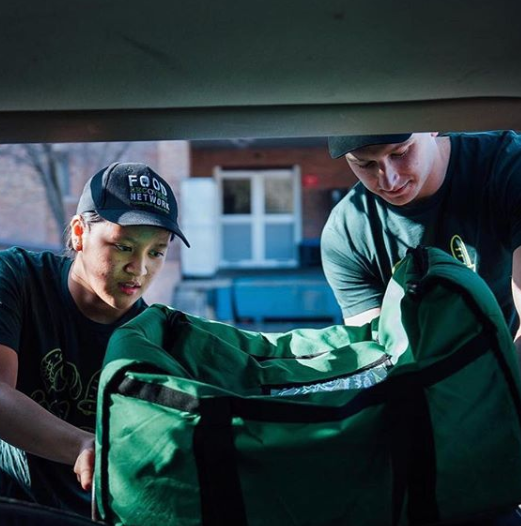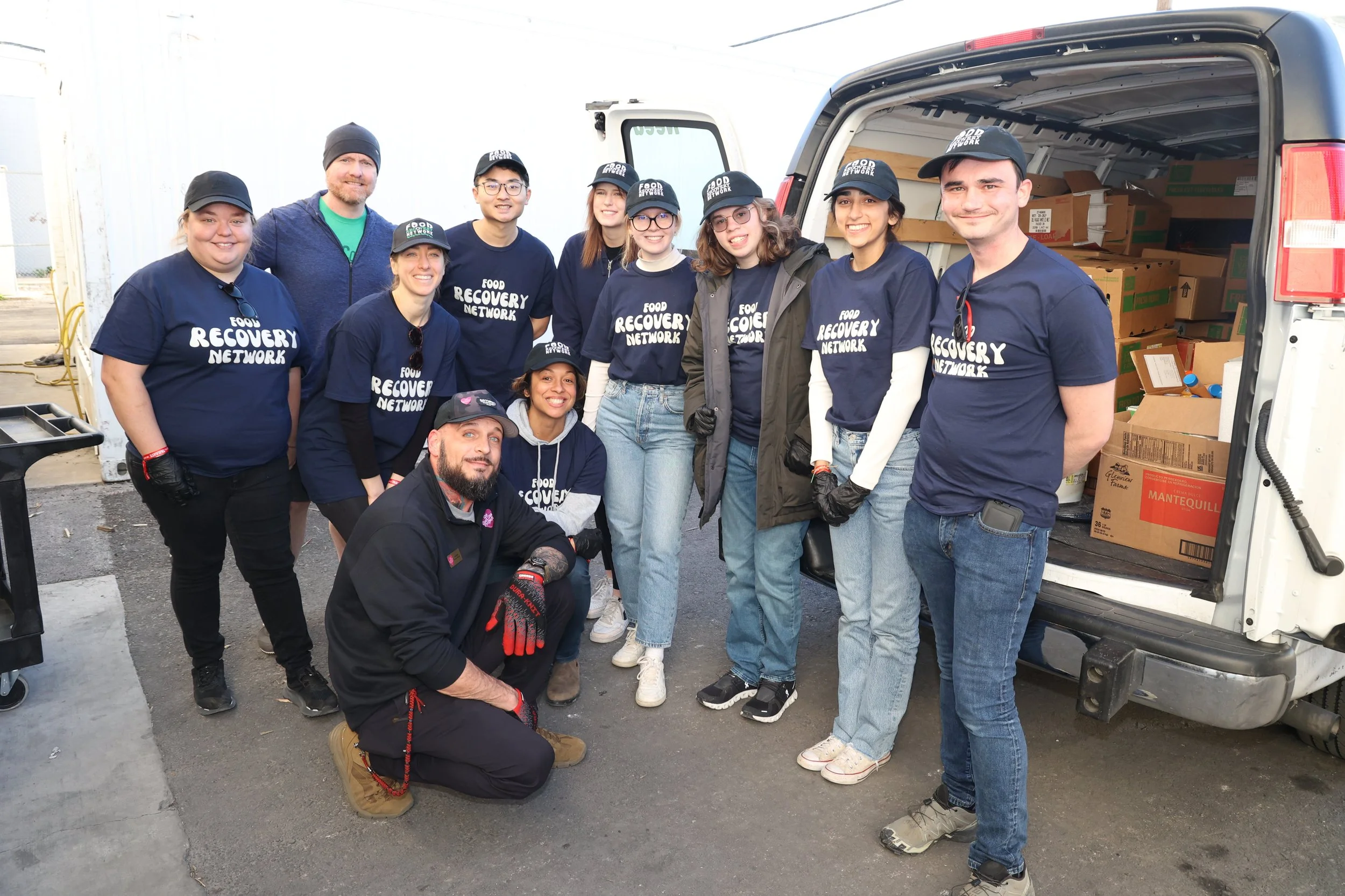NAR’s Press Release, August 24, 2021
Affordable Housing Concerns and Food Insecurity Linked, NAR Report Finds
NAR continues calls for more affordable housing while expanding partnership with Food Recovery Network to combat hunger
Key Highlights
About two-fifths of homeowner households (38% or 23.3 million) and two-thirds of renter households (66% or 17.8 million) reported having difficulty paying for the usual household expenses, including food.
One in four households that spent more than 50% of their income on housing in 2019 – before the onset of the COVID-19 pandemic – received food stamps.
Louisiana, South Carolina and Georgia have the largest shares of households that are both behind on rent or mortgage payments and without enough food to eat.
WASHINGTON (August 24, 2021) – Households burdened by housing costs are more likely to need food assistance, according to a new analysis by the National Association of Realtors®. NAR’s Housing Affordability and Food Sufficiency report examines the connection between families that struggle with rent or mortgage payments and food insecurity.
From June 23 to July 5, 2021, nearly two-fifths of homeowner households (38% or 23.3 million) and two-thirds of renter households (66% or 17.8 million) reported having difficulty paying for the usual household expenses, including food, rent or mortgage, auto and student loans, medical expenses and utilities. Nearly six million households received free food offered by food pantries, churches or other charitable organizations.
“Housing affordability and food sufficiency are inseparable to families’ balance sheets,” said Jessica Lautz, NAR vice president of demographics and behavioral insights. “The pandemic has only highlighted many families’ struggle to secure stable housing and food security. This report shows how critical it is for NAR to continue its work to increase the access to stable and affordable housing in America.”
One in four households that spent more than 50% of their income on housing in 2019 – including one in three renters – received food stamps from the Supplemental Nutrition Assistance Program. The percentage of gross monthly income spent on housing costs serves as an indicator of housing affordability. Housing costs can include a combination of mortgage or rent payments, utilities, insurance and property taxes. Households that spend more than 50% of their monthly income on housing are considered severely burdened by housing costs.
Louisiana, South Carolina and Georgia have the largest shares of households that are both behind on rent or mortgage payments and without enough food to eat. The states where households are most likely to receive free grocery donations while also struggling with housing costs are New York, Louisiana, Georgia, South Carolina and New Jersey.
NAR has partnered with the Food Recovery Network since 2019 to fight hunger and food insecurity across the nation. FRN provides guidance and resources that have ensured a number of NAR and its state and local affiliates’ meetings and events are Food Recovery Verified, which allows the group to recover surplus food from various events and donate it to hunger-fighting non-profits. NAR and FRN extended the partnership this year as the association again began hosting in-person events. Since June, NAR has donated 500 pounds of surplus food from three national events.
NAR CEO Bob Goldberg and FRN’s Executive Director Regina Anderson spoke yesterday about the collaboration during the association’s Leadership Summit, an annual gathering of state and local Realtor® association presidents-elect and association executives.
“As the financial impacts of the pandemic are still being felt by far too many families across the country, I’m grateful to be continuing our partnership with the Food Recovery Network to fight the unacceptably high levels of food insecurity in America,” said Goldberg. “Last month alone, more than eight million households reported not having enough food to eat. The need is great, but so are the philanthropic spirit and actions of Realtors®.”
NAR’s efforts will add to the work of FRN and its affiliates, which has to date recovered 5.3 million pounds of food, equivalent to 4.4 million meals donated since 2011.
“Powerful partnerships like the one FRN and NAR have fostered ensures people have access to the food they deserve. It’s important that people can see themselves as part of a simple solution to changing the current process of tossing perfectly good food to one of recovering good food and ensuring it can go to those experiencing hardship,” said Anderson.
View NAR’s Housing Affordability and Food Sufficiency report here: https://www.nar.realtor/research-and-statistics/research-reports/housing-affordability-and-food-sufficiency.
The National Association of Realtors® is America’s largest trade association, representing more than 1.4 million members involved in all aspects of the residential and commercial real estate industries.
# # #
Information about NAR is available at nar.realtor. This and other news releases are posted in the newsroom at nar.realtor/newsroom. Statistical data in this release, as well as other tables and surveys, are posted in the “Research and Statistics” tab.












